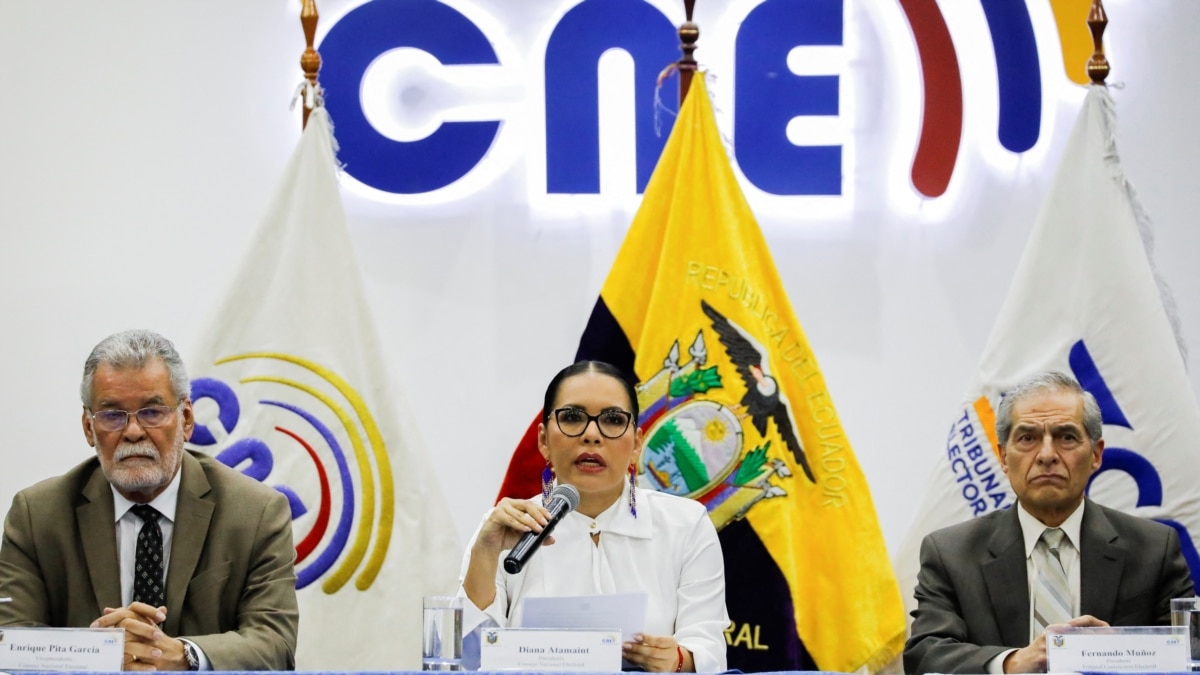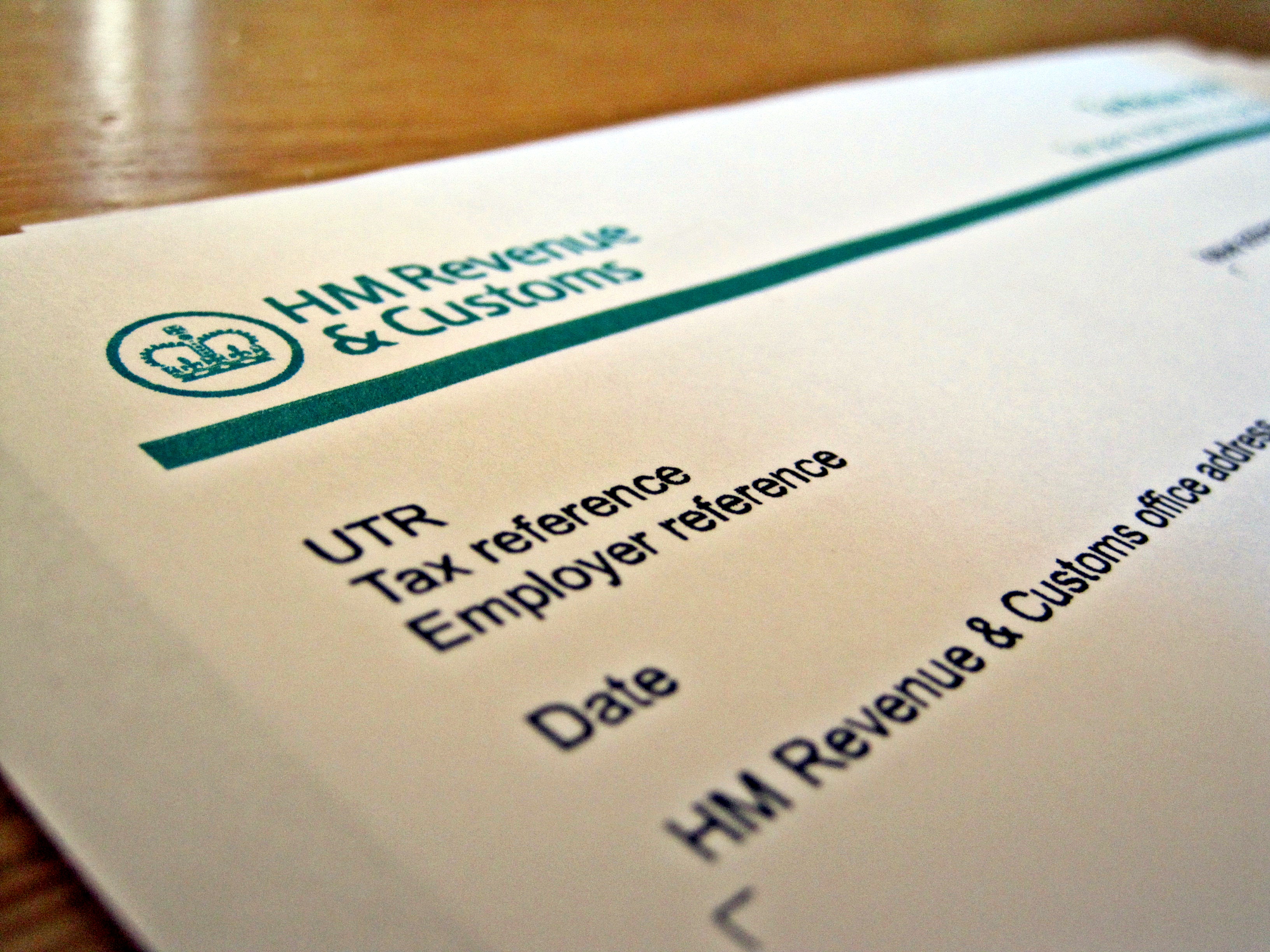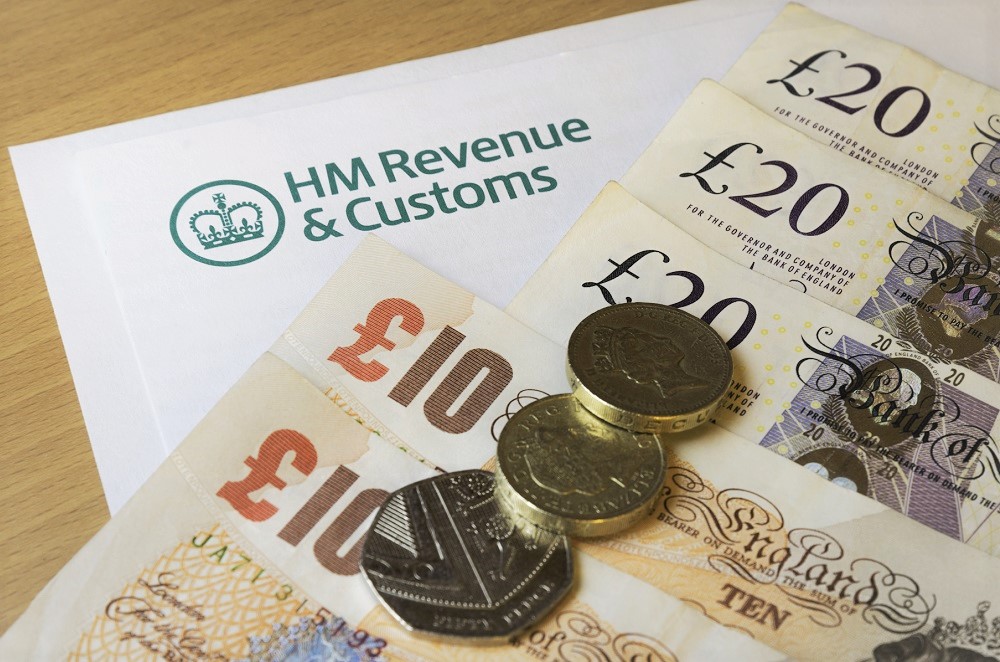The Implications Of Increased Regulation On London's Festivals

Table of Contents
Economic Impacts of Increased Regulation on London Festivals
The tightening of regulations surrounding London festivals has significant economic consequences, affecting both large-scale events and smaller, independent ones.
Increased Costs and Reduced Profitability
Increased regulatory burdens translate directly into higher operational costs for festival organizers. This includes:
- Higher licensing fees: The cost of obtaining the necessary permits and licenses is increasing, putting a strain on already tight budgets.
- Stringent security requirements: More robust security measures, including increased staffing and advanced technology, add significantly to expenditure.
- More complex insurance procedures: Securing comprehensive insurance coverage is becoming more difficult and expensive, demanding substantial financial resources.
- Potential for revenue loss due to capacity limits: Regulations limiting festival attendance can directly impact revenue streams, particularly for large-scale events.
These increased costs disproportionately affect smaller, independent festivals, potentially leading to cancellations or mergers. This has a knock-on effect on local businesses, such as catering companies and accommodation providers, that rely on festival revenue for a significant portion of their income. The ripple effect through the local economy can be substantial.
Impact on Tourism and the London Economy
The increased complexity and cost associated with London festivals regulation can deter both domestic and international tourists. This results in:
- Reduced international festival attendance: The perceived difficulty of attending London festivals due to stricter regulations may discourage international visitors.
- Negative perception amongst tourists: News of increased restrictions and higher costs can create a negative perception of London as a festival destination.
- Loss of revenue for the city's overall tourism sector: Festivals contribute significantly to London's tourism revenue; reduced attendance directly impacts the city's overall economic performance.
Estimates suggest that London festivals contribute millions of pounds annually to the city's economy. A decline in festival tourism could have far-reaching consequences, impacting not only the hospitality sector but also related industries such as transportation and retail. This could also damage London's brand image as a vibrant and welcoming international city.
Social and Cultural Consequences of Stricter Festival Regulations
Beyond the economic implications, increased regulation of London festivals also carries significant social and cultural consequences.
Limitations on Artistic Expression and Creativity
Stricter regulations can inadvertently stifle artistic expression and creativity:
- Restrictions on types of performances: Regulations might limit the types of music, art, or performances allowed, leading to a homogenization of festival programming.
- Limitations on audience participation: Restrictions on audience interaction can diminish the unique atmosphere and participatory nature of many festivals.
- Increased censorship: More stringent content restrictions can lead to self-censorship by artists and organizers, fearing non-compliance.
- Potential chilling effect on innovative and experimental festival programming: Organizers may shy away from innovative or experimental programming due to the increased risk of non-compliance.
Festivals serve as crucial platforms for diverse voices and emerging artists. Overly restrictive regulations can limit the diversity of expression and prevent new talent from emerging.
Impact on Community Engagement and Local Participation
Increased regulatory burdens can hinder community involvement and participation in London festivals:
- Increased barriers to entry for smaller, community-led festivals: The cost and complexity of meeting regulatory requirements can make it difficult for smaller, grassroots festivals to operate.
- Reduced opportunities for local artists and businesses: Stricter regulations can limit the involvement of local artists and businesses, diminishing the community aspect of these events.
- Potential for decreased community cohesion and social interaction: Restrictions on festival activities can impact the ability of festivals to bring communities together.
Festivals play a vital role in fostering a sense of community and belonging. Regulations should be carefully considered to ensure they do not inadvertently exclude or marginalize local communities.
Environmental Considerations and Sustainable Festival Practices
Environmental concerns are increasingly shaping London festivals regulation.
Balancing Environmental Concerns with Festival Operations
Regulations are focusing on:
- Waste management: Regulations aim to minimize waste generated and promote recycling and composting.
- Carbon emissions: Regulations are encouraging the use of renewable energy and reducing transportation-related emissions.
- Noise pollution: Noise limits are being enforced to protect residents and the environment.
- Resource consumption: Regulations promote the efficient use of water and other resources.
The challenge lies in balancing the environmental imperative with the practicalities of running large-scale events. Finding innovative solutions and incentivizing sustainable practices is key.
The Role of Sustainable Event Management Certifications
Certifications like ISO 20121 can help festivals demonstrate their commitment to sustainability:
- Demonstrating commitment to sustainability: These certifications provide a framework for implementing sustainable practices across all aspects of festival operations.
- Impact on securing licenses and attracting funding: Certifications can improve a festival's chances of securing licenses and attracting funding from organizations prioritizing sustainability.
These certifications offer a pathway towards navigating complex environmental regulations while promoting responsible event management.
Conclusion
Increased regulation of London festivals presents both challenges and opportunities. While aimed at improving safety, sustainability, and community impact, these regulations can inadvertently create significant economic, social, and cultural consequences. Striking a balance between robust regulatory frameworks and fostering a thriving festival scene is crucial for London’s continued success. Understanding the implications of London festivals regulation is vital for policymakers, festival organizers, and the public alike. Let’s work collaboratively to ensure that regulations support, rather than hinder, the vibrant future of London's festivals. Engage in the discussion on improving the regulatory landscape for London festivals.

Featured Posts
-
 Canada Us Trade Tensions Continue Oxford Report And Canadian Response
May 19, 2025
Canada Us Trade Tensions Continue Oxford Report And Canadian Response
May 19, 2025 -
 Inscripcion De Candidatos Cne Fecha Limite Para No Participantes En Primarias
May 19, 2025
Inscripcion De Candidatos Cne Fecha Limite Para No Participantes En Primarias
May 19, 2025 -
 Hopkins To Become Paige Bueckers For A Day May 16th Announcement
May 19, 2025
Hopkins To Become Paige Bueckers For A Day May 16th Announcement
May 19, 2025 -
 Yerinden Edilmis Filistinlilerin Gazze Deki Yasam Muecadelesi
May 19, 2025
Yerinden Edilmis Filistinlilerin Gazze Deki Yasam Muecadelesi
May 19, 2025 -
 Erling Haaland Splurges On Rs 44 Crore Bugatti Tourbillon Supercar
May 19, 2025
Erling Haaland Splurges On Rs 44 Crore Bugatti Tourbillon Supercar
May 19, 2025
Latest Posts
-
 New Hmrc Rules Thousands No Longer Need To File Tax Returns
May 20, 2025
New Hmrc Rules Thousands No Longer Need To File Tax Returns
May 20, 2025 -
 Hmrc Tax Return Changes Whos Affected And What To Do
May 20, 2025
Hmrc Tax Return Changes Whos Affected And What To Do
May 20, 2025 -
 Towards Zero Episode 1 Exploring The Initial Lack Of Violent Crime
May 20, 2025
Towards Zero Episode 1 Exploring The Initial Lack Of Violent Crime
May 20, 2025 -
 Hmrc Scraps Tax Returns For Thousands New Rule Changes Explained
May 20, 2025
Hmrc Scraps Tax Returns For Thousands New Rule Changes Explained
May 20, 2025 -
 Changes To Tax Codes Hmrcs New System For Savings Income
May 20, 2025
Changes To Tax Codes Hmrcs New System For Savings Income
May 20, 2025
